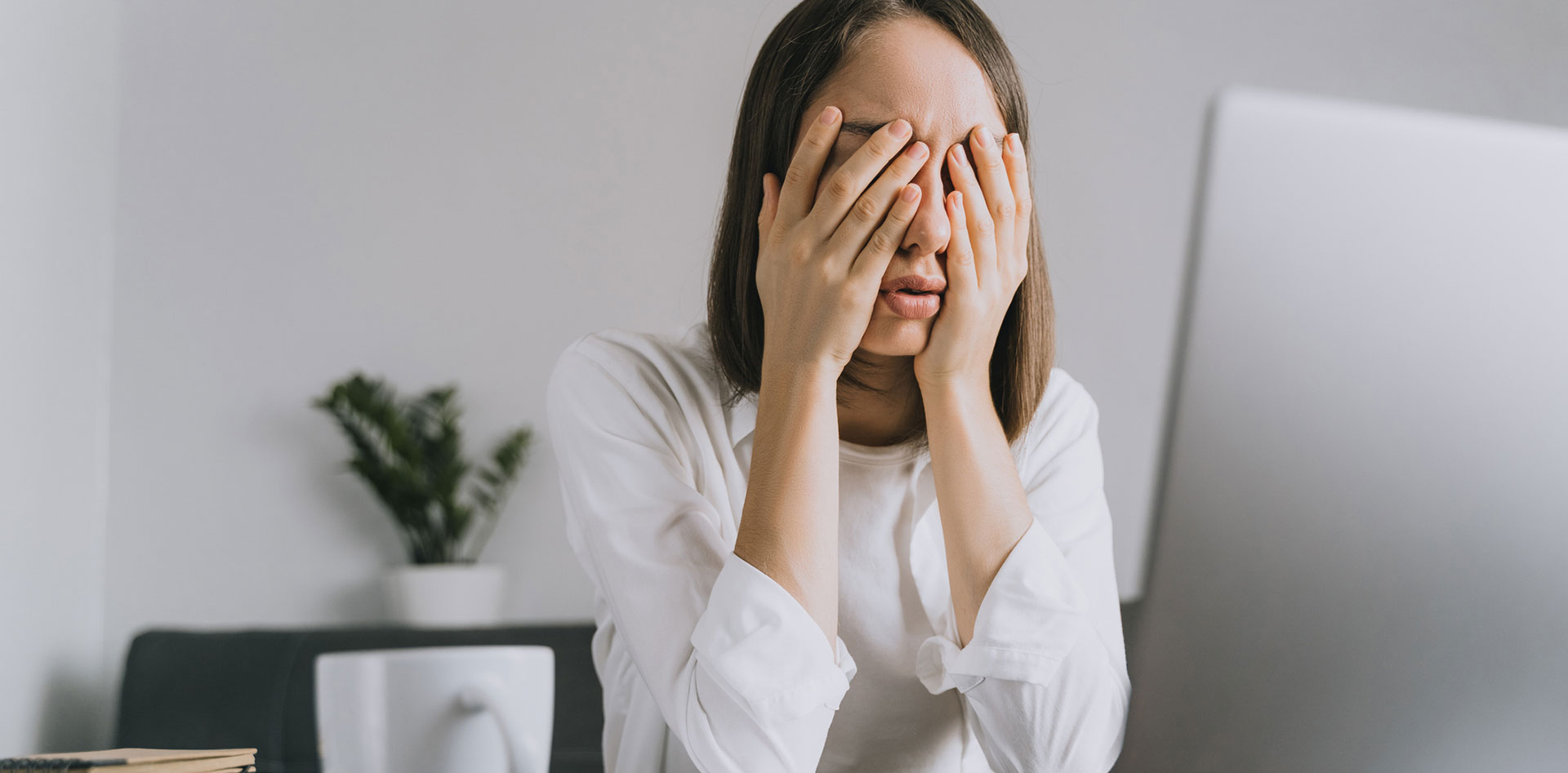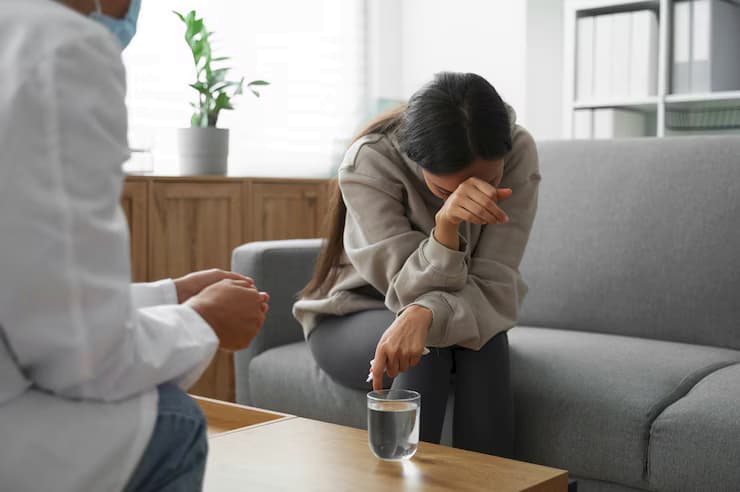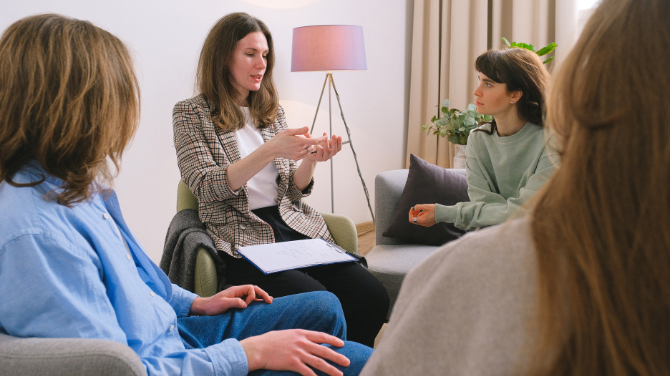Natural Ways to Reduce Anxiety Without Medication

Strong 8k brings an ultra-HD IPTV experience to your living room and your pocket.
Anxiety is a common mental health concern that affects millions of people worldwide. While medication can be effective for some, many individuals seek natural methods to manage their symptoms due to potential side effects or a desire for a more holistic approach. This comprehensive guide explores a range of natural ways to reduce anxiety without medication, incorporating lifestyle changes, dietary strategies, and mind-body techniques.
Understanding Anxiety
Anxiety is more than occasional stress or worry. It involves persistent feelings of nervousness, fear, and apprehension, often without a clear cause. Common symptoms include increased heart rate, rapid breathing, restlessness, difficulty concentrating, and sleep disturbances. While severe cases may require professional intervention or anxiety meds, many people find relief through natural methods.
Lifestyle Changes That Help Manage Anxiety
1. Regular Physical Activity
Exercise is one of the most effective natural remedies for anxiety. Physical activity increases the production of endorphins, the brain's feel-good chemicals, and helps reduce stress hormones like cortisol.
Best practices: Aim for at least 30 minutes of moderate-intensity exercise, such as brisk walking, swimming, or cycling, most days of the week.
Mind-body exercises: Yoga and tai chi combine movement with mindfulness, which can be especially beneficial for calming the mind.
2. Establishing a Consistent Sleep Routine
Poor sleep and anxiety often go hand-in-hand. Ensuring adequate, high-quality sleep is crucial for mental well-being.
Tips for better sleep:
Stick to a regular sleep schedule.
Avoid screens at least one hour before bedtime.
Create a calming bedtime routine with activities like reading or meditation.
3. Limiting Caffeine and Alcohol
Both caffeine and alcohol can exacerbate anxiety symptoms. Caffeine may increase heart rate and feelings of nervousness, while alcohol can interfere with sleep and mood regulation.
Natural alternatives: Opt for herbal teas like chamomile or peppermint, known for their calming properties.
Dietary Approaches to Reduce Anxiety
4. Eat a Balanced, Whole-Food Diet
A nutrient-rich diet plays a key role in managing anxiety. Certain nutrients support brain health and regulate mood.
Important nutrients:
Magnesium: Found in leafy greens, nuts, and seeds; helps regulate neurotransmitters.
Omega-3 fatty acids: Found in fatty fish like salmon and flaxseeds; may reduce anxiety levels.
Vitamin B-complex: Supports nervous system health and is found in whole grains, legumes, and eggs.
5. Stay Hydrated
Dehydration can lead to fatigue, irritability, and cognitive impairment, which may worsen anxiety symptoms.
Hydration tips: Carry a water bottle, and aim for at least 8 glasses of water a day.
Mind-Body Techniques for Anxiety Relief
6. Deep Breathing Exercises
Controlled breathing techniques can calm the nervous system and reduce acute anxiety.
Practice: Try diaphragmatic breathing, inhaling deeply through the nose for 4 seconds, holding for 4 seconds, and exhaling through the mouth for 6 seconds.
7. Meditation and Mindfulness
Mindfulness meditation encourages you to observe your thoughts and feelings without judgment, helping you stay grounded in the present.
Getting started: Use guided meditation apps like Headspace or Calm. Even 10 minutes a day can be beneficial.
8. Progressive Muscle Relaxation (PMR)
PMR involves tensing and then relaxing different muscle groups in the body, which helps release physical tension associated with anxiety.
How to practice: Start from the toes and move upward, focusing on each muscle group for a few seconds.
9. Aromatherapy
Essential oils have been shown to reduce anxiety and promote relaxation.
Best options: Lavender, bergamot, and frankincense are popular for their calming effects.
How to use: Diffuse essential oils, add them to bath water, or apply topically with a carrier oil.
Cognitive and Behavioral Strategies
10. Journaling
Writing down thoughts and feelings can help process emotions and identify anxiety triggers.
Prompts to try:
What triggered my anxiety today?
What am I grateful for?
What can I control right now?
11. Limiting Screen Time and Media Exposure
Constant exposure to news and social media can heighten anxiety.
Suggestions: Designate tech-free times during the day, especially before bed.
12. Setting Realistic Goals and Priorities
Overcommitting can lead to stress and burnout. Setting achievable goals helps reduce pressure and builds confidence.
Tip: Use planners or apps to organize tasks and break them into manageable steps.
Social and Environmental Support
13. Building a Support Network
Connecting with others provides emotional support and reduces feelings of isolation.
Ways to connect: Join support groups, engage in hobbies, or volunteer.
14. Spending Time in Nature
Nature exposure can significantly reduce stress and promote a sense of calm.
Activities to try: Go for a walk in the park, hike, or practice outdoor yoga.
15. Seeking Professional Help When Needed
While natural methods can be very effective, some individuals may need professional guidance. Therapists can provide cognitive-behavioral therapy (CBT) and other tools to manage anxiety.
Online options: If in-person visits are challenging, many platforms offer access to mental health professionals and the best anxiety medication online, if necessary.
Final Thoughts
Reducing anxiety naturally involves a multifaceted approach, combining lifestyle changes, nutritional support, and mind-body techniques. While not a replacement for professional care in severe cases, these strategies can offer meaningful relief for many. Whether you're exploring options before considering anxiety meds or looking to enhance your overall well-being, these methods can be a powerful part of your anxiety management toolkit.
Start small, be consistent, and remember that progress takes time. With patience and persistence, natural anxiety relief is possible.
Note: IndiBlogHub features both user-submitted and editorial content. We do not verify third-party contributions. Read our Disclaimer and Privacy Policyfor details.







